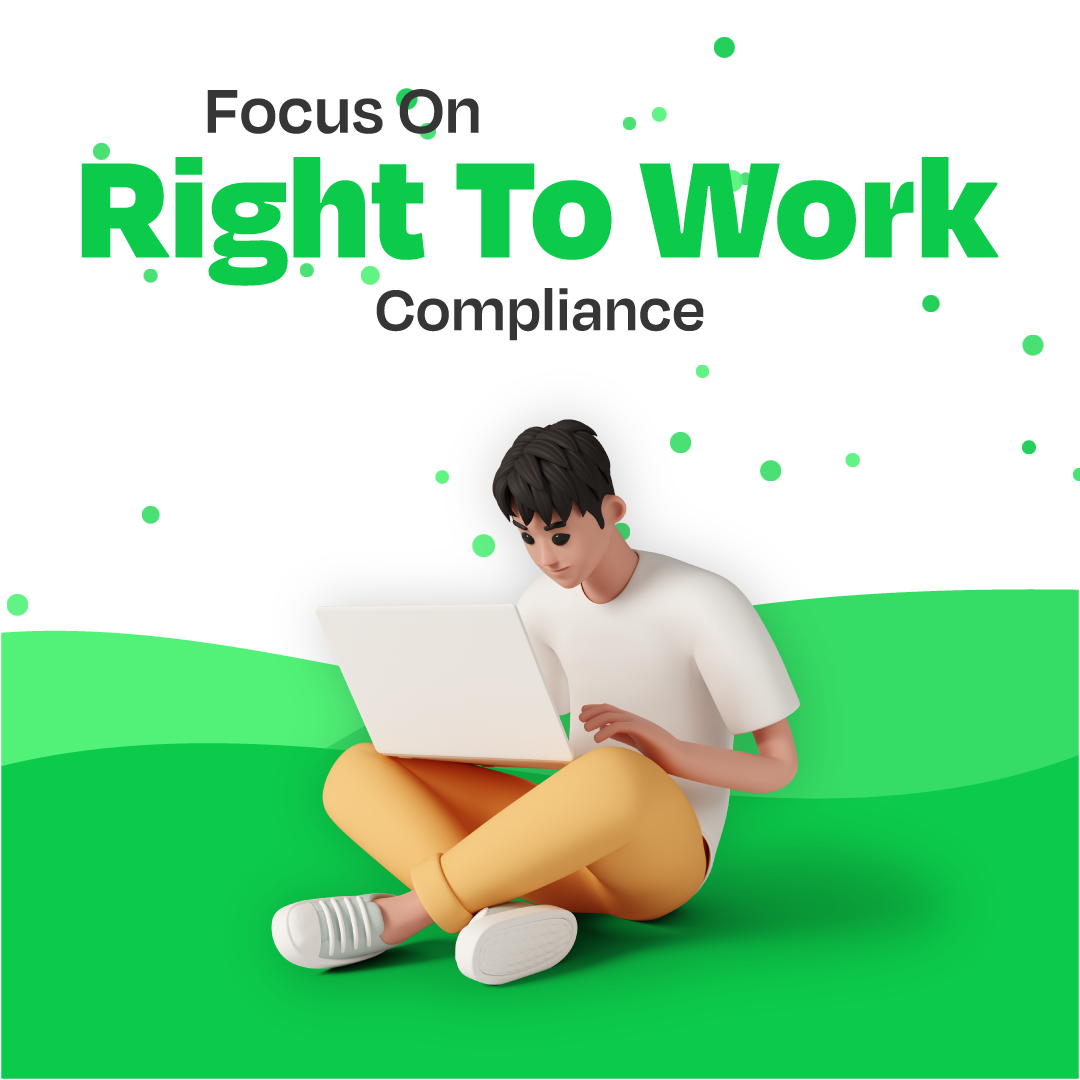Tougher fines for employers hiring illegally
Employers are to face significantly harsher fines for each worker they hire illegally, under a government shake up of penalties imposed on rogue employers and landlords.
The proposed legislation, designed to deter unscrupulous businesses that enable illegal immigration, is to be introduced to parliament in the autumn, with expected implementation in early 2024.
Tackling illegal working
For recruiters, initial violations for engaging an illegal worker could now result in fines of up to £45,000 per worker. This is a massive three-fold increase from the last time the penalties were adjusted in 2014. Repeat breaches carry even greater fines, up to a maximum of £60,000.
Similarly, landlords who rent their properties to unauthorised tenants will face fines of £5,000 per lodger and £10,000 per occupier for the first violation. Repeated breaches could incur penalties of up £10,000 and £20,000 per lodger and occupier respectively.
In recent years, the authorities have not been idle in bringing rogue employers and landlords to book. Statistics from the Home Office show that since the beginning of 2018, nearly 5,000 civil penalties have been issued to employers, totalling £88.4 million. In the same period, landlords have been hit with over 320 civil penalties worth a total of £215,500 in the same period.
Right to Work compliance – getting it right
The imminent triple hike in fines poses additional risk for recruiters whose Right to Work processes are not up to scratch. Watertight compliance in this area is essential.
Employers should conduct a Right to Work check in one of the following ways, depending on the worker’s immigration status and the type of document they submit.
- A face-to-face manual check with original documents
- Using the Home Office’s online checking service
- Using an accredited Identity Service Provider (IDSP)
Where an individual holds a Biometric Residence Card (BRC), a Biometric Residence Permit (BRP) or a Frontier Worker Permit (FWP), the employer needs to perform an online check, by asking the employee for a share code and then completing the steps to complete the Right to Work check online.
This also applies to those with e-visas, for example individuals who have EU Settled Status, EU Pre-settled Status or who applied for UK immigration permission using the UK Immigration:ID Check app.
For people not eligible for online checks, including British and Irish passport holders, the check needs to be carried out in person or using an IDSP.
Right to Work – how we do things
You only need to carry out Right to Work checks for workers you are employing directly.
For anyone working through Liquid Friday PAYE umbrella, we are responsible for checking their right to work.
At Liquid Friday, we are committed to driving RTW compliance and contributing to a more lawful and ethical workforce. We engage an average of 4500 contractors at any one time, with a dedicated Compliance Team responsible for conducting RTW checks.
When a contractor from an EU country applies to join Liquid Friday as their umbrella company, there is an option to select their immigration status on the online application. They will then be directed to either indicate their share code, or upload a copy of their documents. A robust compliance check is then undertaken to ensure the worker has the right to work in the UK.
Right to Work support for agencies
Assurance that each individual employed has the legal right to work in the UK not only safeguards recruiters from hefty fines and legal repercussions but fosters trust among clients, contractors and regulatory bodies.
Liquid Friday can support our recruitment agency partners in many areas of legislative compliance, including Right to Work. We have also prepared a handy FAQ document, which you can download below.




